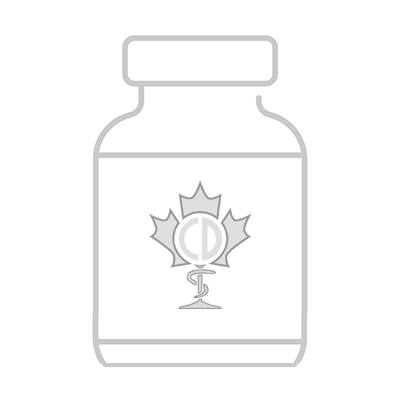What is Zoladex used for?
Zoladex (active ingredient: goserelin) is a human made form of a hormone that regulates various processes in the body. Zoladex overstimulates the body’s production of certain hormones, which causes that production to temporarily shot down. Zoladex is used to treat symptoms of prostate cancer. It is also used for symptoms of endometriosis or breast cancer. Zoladex can also be used to prepare the lining of the uterus for endometrial ablation.
Zoladex Information
How to Use Zoladex?
Zoladex implants get inserted through a needle under the skin of your upper stomach once every 4 weeks. You’ll get the implant in a doctor’s office or clinic.
Your dosing schedule may be different depending on if you’re also getting chemotherapy. Follow the instructions from your doctor. It is crucial to receive your Zoladex on time every month.
You likely won’t be able to feel the implant through your skin, it shouldn’t cause pain or discomfort. The implant will dissolve over time in your body.
While your hormone levels adjust during the first few weeks of treatment you may notice new or worse symptoms of your condition. If your symptoms don’t improve after several weeks tell your doctor.
If you are postmenopausal, you should stop having periods when Zoladex is in place. If you still have regular periods call your doctor. Missing a dose may cause breakthrough bleeding. After you stop treatment with Zoladex, you should start having normal periods again within 3 months.
Your blood sugar might need to get checked while using Zoladex, even if you’re not diabetic. You may require other blood tests at your doctor’s discretion.
Zoladex may cause you to have unusual results with some medical tests. Tell any lab personnel or doctor who treats you that you’re taking Zoladex.
Zoladex Drug Interactions
Drug interactions with Zoladex can interfere with how the medications work or increase your risk of side effects. Some interactions must be completely avoided. In other cases, your doctor can change the timing or dosing of you medications to avoid these interactions.
The following medications interact with Zoladex:
This is an incomplete list of drug interactions with Zoladex. That is why you should always provide your doctor with a list of all prescription, non-prescription, herbal, and supplement products you take so they can help you avoid interactions. If you have additional questions about interactions with Zoladex, reach out to us at 1-844-416-4282 and ask to speak to a pharmacist for counselling.
What are side effects of Zoladex?
Alongside the regular effects of Zoladex, it may result in unwanted side effects as well. Your doctor will go through the risks and benefits of this medication and help you reach the decision that will provide the greatest benefit with minimal risk. Some side effects require medical attention so ensure you know what to do if these occur.
If you experience any of the following side effects, occur while taking Zoladex:
For all adults
Less common
- Fast or irregular heartbeat
Rare
- Bone, muscle, or joint pain
- Changes in skin color of the face
- Fainting
- Fast or irregular breathing
- Numbness or tingling of the hands or feet
- Puffiness or swelling of the eyelids or around the eyes
- Skin rash, hives, or itching
- Sudden, severe decrease in blood pressure and collapse
- Tightness in the chest
- Troubled breathing
For those taking Zoladex for breast cancer or endometriosis:
Rare
- Anxiety
- Deepening of voice
- Increased hair growth
- Mental depression
- Mood changes
For those taking Zoladex for prostate cancer:
Rare
- Pain in the chest
- Pain in the groin or legs (especially in the calves of the legs)
There are some less serious side effects of Zoladex that don’t usually need medical attention. These will usually go away during treatment as your body has adjusted to the medication.
Talk to your doctor if the following side effects continue or get worse:
For all adults
More common
- Sudden sweating and feelings of warmth (also called hot flashes)
Less common
- Blurred vision
- Decreased interest in sexual intercourse
- Dizziness
- Headache
- Nausea or vomiting
- Swelling and increased tenderness of the breasts
- Swelling of the feet or lower legs
- Trouble sleeping
- Weight gain
For people taking Zoladex for endometriosis or breast cancer:
More common
- Light, irregular vaginal bleeding
- Stopping of menstrual periods
Less common
- Burning, dryness, or itching of the vagina
- Pelvic pain
For people taking Zoladex for prostate cancer:
Less common
- Bone pain
- Constipation
- Decreased size of the testicles
- Inability to have or keep an erection
This is not an exhaustive list of Zoladex side effects. If you notice effects not listed here, talk to your doctor right away.
